The sacred and profane concepts establish a framework that socially creates a separation between rational categories that are deemed incompatible, each carrying distinct prohibitions. This distinction between the sacred and the profane is formed through religious experiences and intentional use of distinct languages. The book serves as a valuable resource for understanding Kuki culture, traditions, and religious beliefs through myths and rituals. Furthermore, it challenges conventional ideas and proposes a new paradigm, diverging from a centralized thought worldview. The essence of the primal Kuki religion, akin to others, lies in comprehending the sacred and the profane. In contemporary times, the conventional perception of God within the Kuki community has become ambiguous, and myths and rituals have dwindled into mere narratives. Nevertheless, the Kuki religion is rich in a collection of myths that elucidate the nature and actions of the Sacred (God/Supreme Being). These myths, when combined with rituals, offer valuable insights into the oral tradition of the Kuki people, serving as a significant and integral aspect of their society. Functioning as a unifying force, these communal myths and rituals are shared by the entire community. The chosen work, “Chon and Doibom,” encompasses both myths and rituals, with the belief that the concept of God was initially revealed in the Chon myth. Through the lens of myths and rituals, the interpretations of the sacred and profane concepts undergo transformation in the evolving socio-cultural landscape.

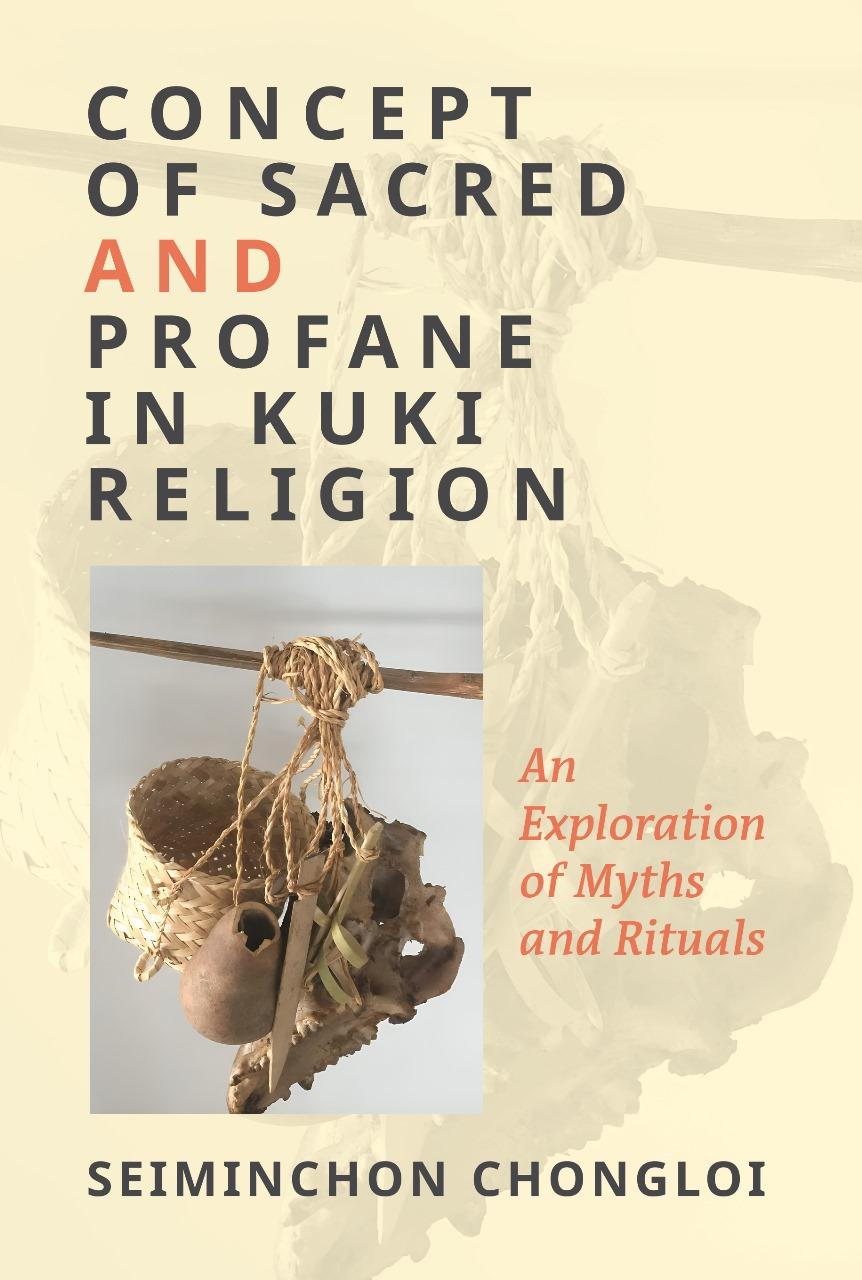
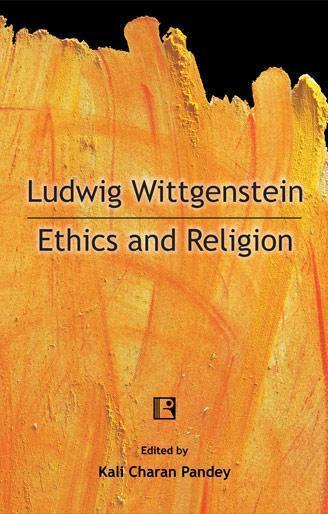
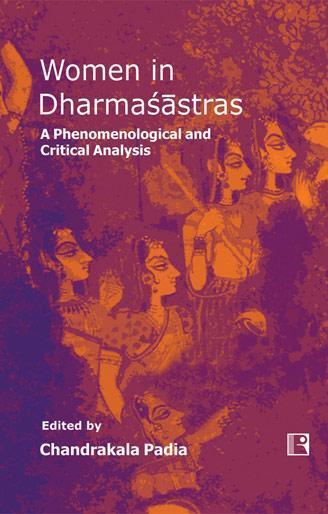
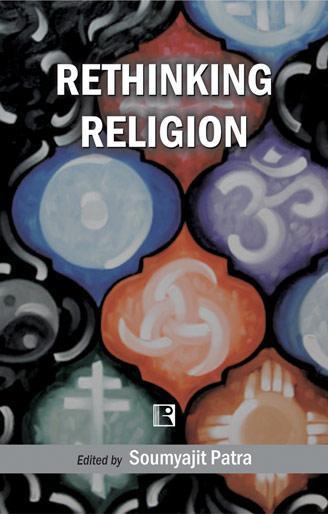
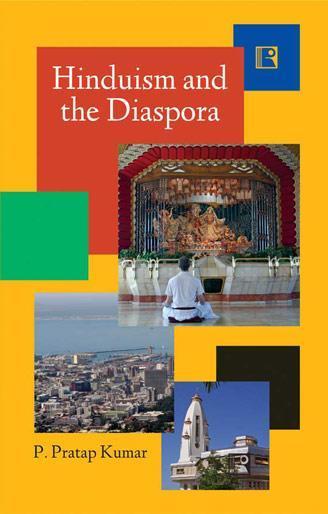
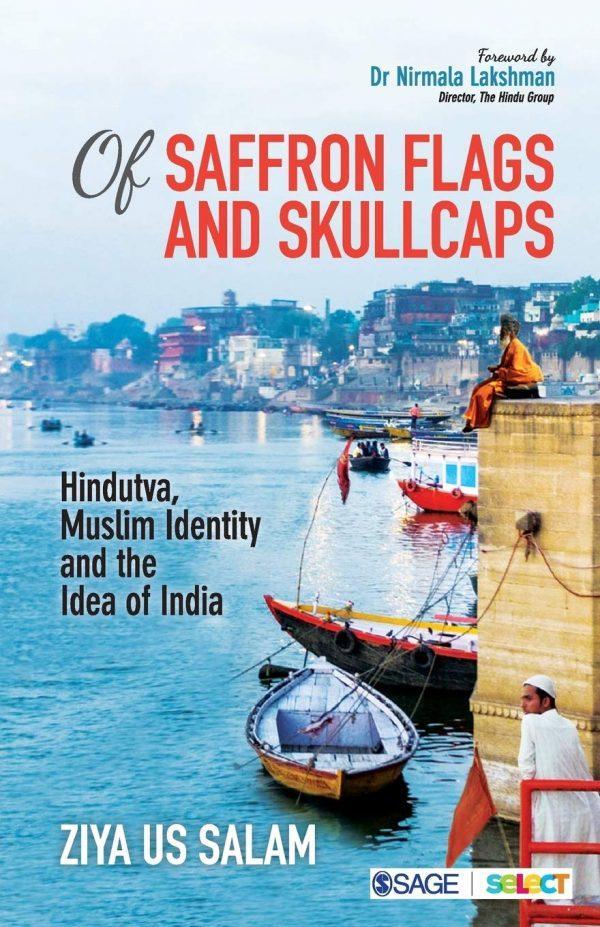






Reviews
There are no reviews yet.
Only logged in customers who have purchased this product may leave a review.